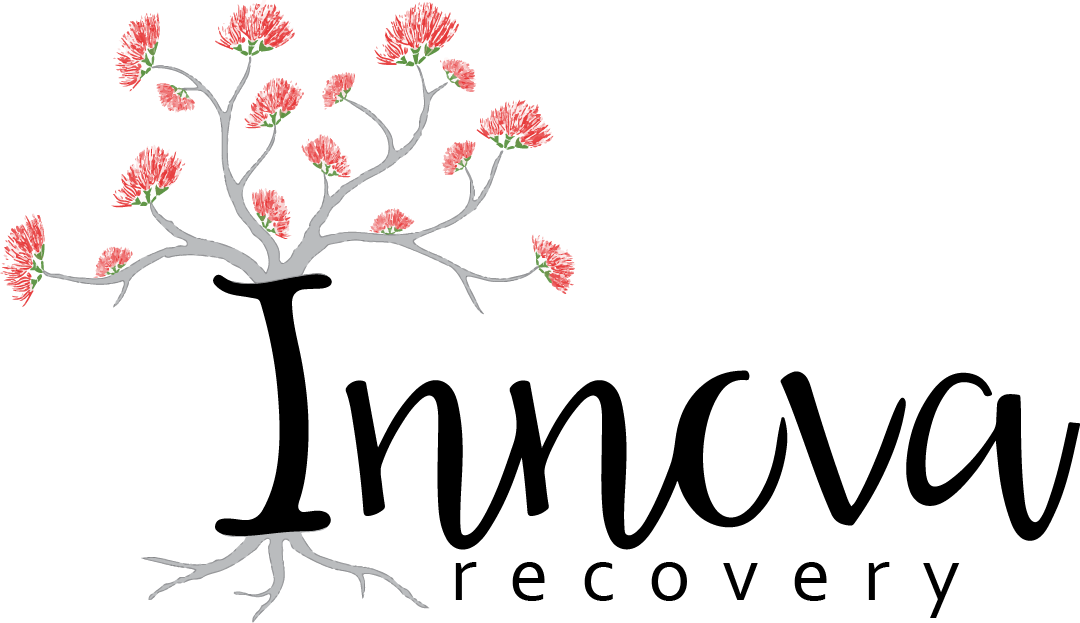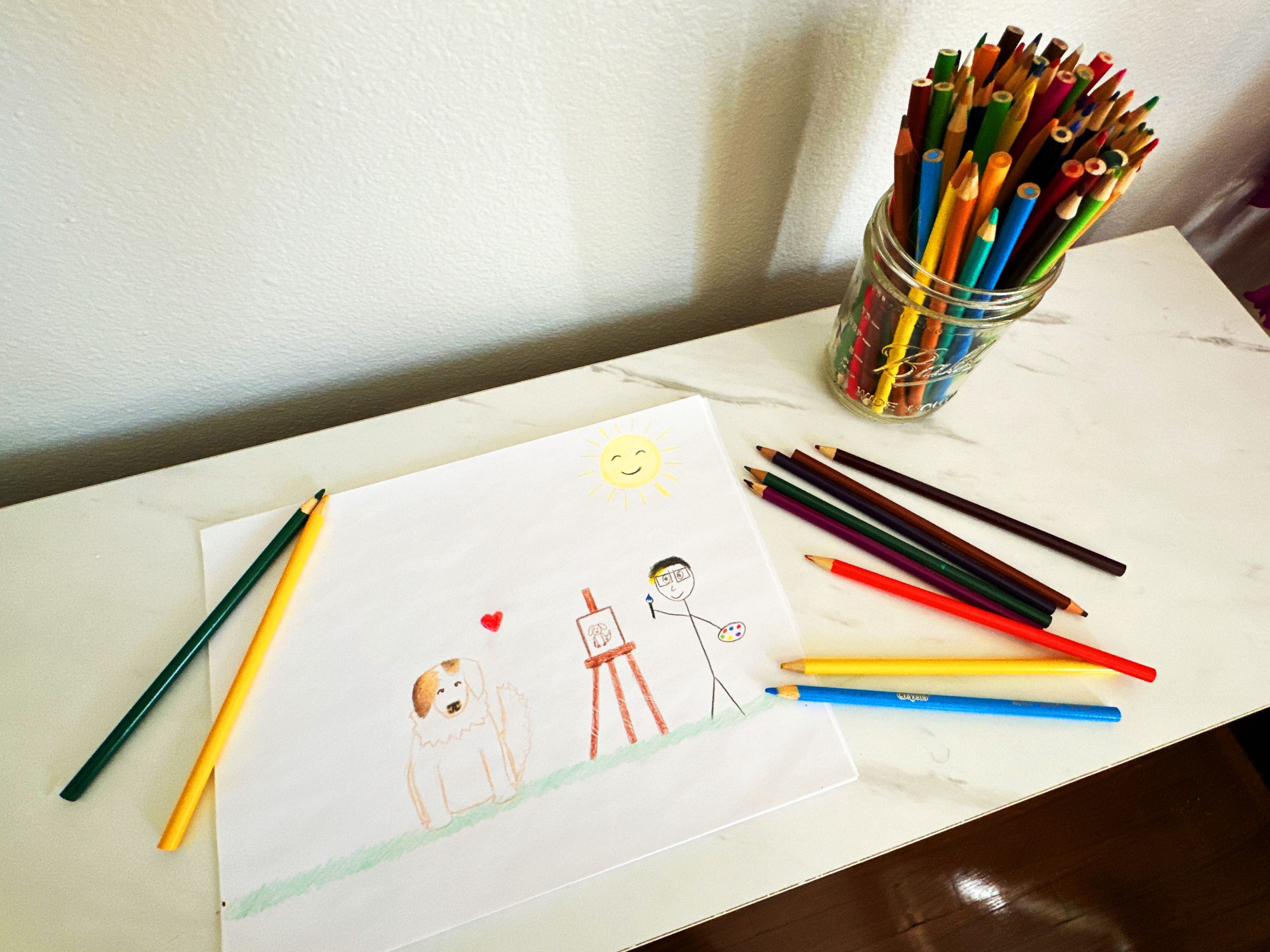The holidays are often seen as a time for joy and connection. However, for many, they can also bring tension, complicated emotions, and reminders of past wounds. Even if you have worked hard on your emotional health, family gatherings can revive long-buried feelings, especially for those with histories of trauma or unresolved conflicts.
According to the American Psychological Association, 89% of Americans feel stressed during the holiday season,1 with many citing family dynamics as a significant source of strain. When you add expectations, travel, financial pressure, and emotional history to the mix, it’s easy to understand why so many people feel more anxious than festive this time of year.
Recognizing Triggers
Emotional triggers are your body’s way of signaling, “Something here feels unsafe.” Maybe it’s a parent’s critical comment, a sibling’s dismissive tone, or simply being back in a home filled with painful memories. These reactions are learned responses shaped by past experiences. Understanding this can help remove the shame from your reactions and restore your sense of control.
Before entering a family gathering, try asking yourself:
- Which interactions usually make me feel overwhelmed or dismissed?
- Who drains my energy the most?
- What can I do to feel safer and more in control this holiday season?
Awareness is the initial step in self-protection. Answering these questions can help you anticipate triggers rather than react automatically.
The Power of Boundaries
Boundaries are one of the most effective ways to reduce holiday stress. They help define where your responsibility ends and someone else’s begins, protecting your emotional well-being. The National Alliance on Mental Illness (NAMI) reports that clear boundaries help prevent burnout and lower anxiety.2
You don’t have to explain your boundaries in detail or convince anyone they’re valid. A simple, direct statement can save your energy and clearly communicate your needs. Here are a few examples from Dialectical Behavior Therapy (DBT) principles of assertiveness and emotional regulation:
- “Thanks for inviting me, but I’ll leave after dinner tonight.”
- “I’m not comfortable discussing that topic right now.”
- “I need a few minutes to step outside and reset.”
These statements clearly set boundaries without being defensive or causing conflict. They also demonstrate emotional maturity for others, even if those around you haven’t developed the same tools.
Coping in the Moment
If you feel your emotions rising during a gathering, grounding techniques can help calm the body’s threat response. Try these simple DBT-inspired practices:
- 5-4-3-2-1 grounding: Identify five things you see, four you can touch, three you hear, two you smell, and one you taste.
- Temperature shift: Step outside, splash cold water on your hands, or hold a cold drink to calm your body.
- Self-soothing: Focus on comforting sensations, like soft music, a warm drink, or a cozy blanket.
These tools help manage intense feelings, stay connected to your sense of safety and control, and provide space to respond thoughtfully.
Choosing Peace
Sometimes, the healthiest choice is to limit your time with certain family members or skip events altogether. Protecting your mental health isn’t selfish; it’s self-preserving. Healing often involves breaking traditions that no longer serve you. Prioritizing your well-being allows you to be fully present in the moments that matter most, without getting caught up in conflict or guilt.
Get Support for the Holidays
You don’t have to navigate family triggers alone. At Innova Recovery Center, we specialize in trauma-informed care and DBT therapy to help clients manage holiday stress, set healthy boundaries, and cope with complex family dynamics.
Learn more about how Dialectical Behavior Therapy can support you by visiting our DBT page, or contact us at (210) 254-3618 to connect with a therapist who can help you approach the holiday season with calm, confidence, and self-compassion.
- Even a joyous holiday season can cause stress for most Americans. American Psychological Association. (2023, November 30). https://www.apa.org/news/press/releases/2023/11/holiday-season-stress ↩︎
- Protecting Your Mental Health Through Healthy Boundaries. NAMI Southwestern Illinois. (n.d.). https://namiswi.org/protecting-your-mental-health-through-healthy-boundaries/ ↩︎









